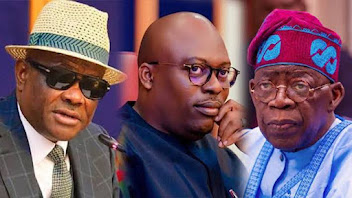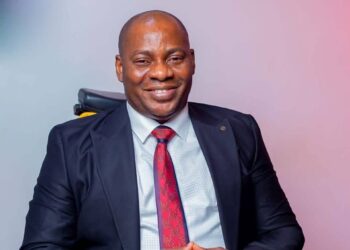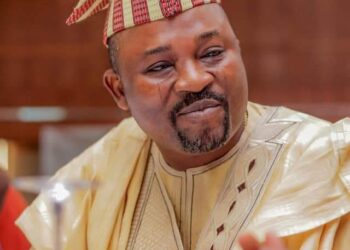In a move that has sent shockwaves through Nigeria’s political landscape, President Bola Tinubu declared a state of emergency in Rivers State on March 18, 2025, suspending Governor Siminalayi Fubara, his deputy, and all members of the State House of Assembly for an initial period of six months. This unprecedented action has ignited a firestorm of debate, with critics alleging political maneuvering ahead of the 2027 presidential elections, while supporters cite pressing security concerns.
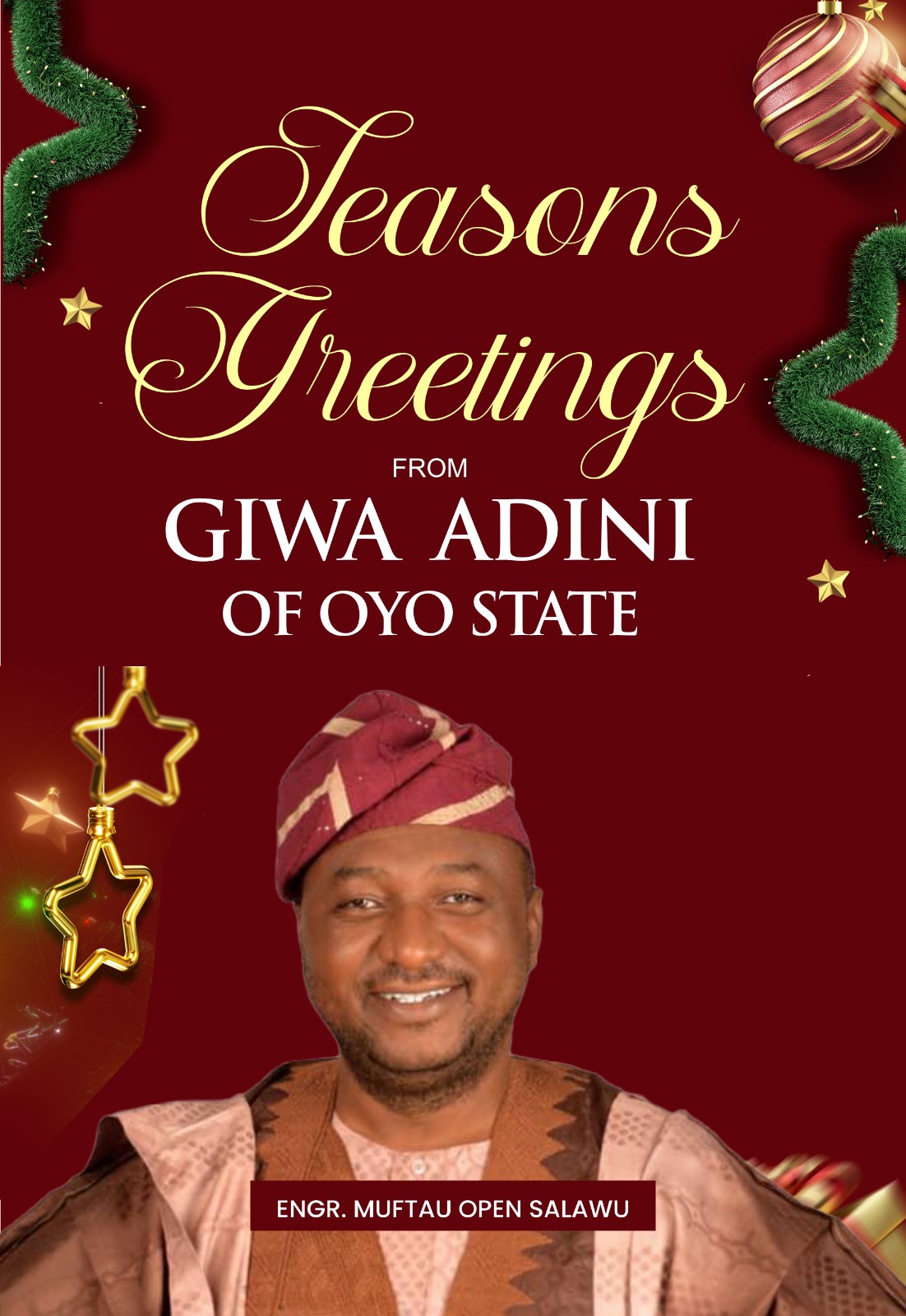
The Nexus of Politics and Security in Rivers State
Rivers State, a vital oil-producing region in the Niger Delta, has long been a focal point of Nigeria’s economic and political dynamics. The state’s substantial revenue from the Federation Account and internally generated sources has historically positioned its governors as influential figures in national politics. Observers note that past governors have been implicated in funding presidential campaigns, either for themselves or their allies, underscoring the state’s strategic importance.
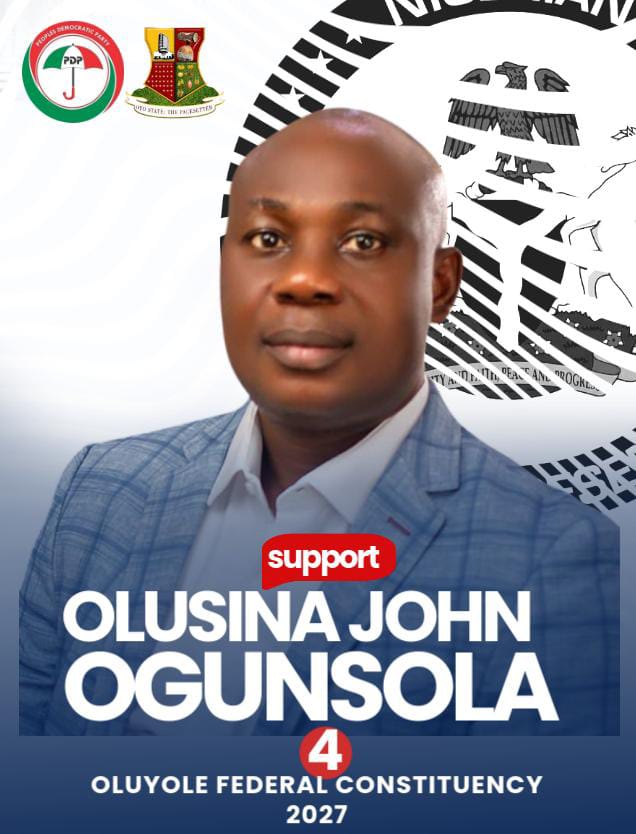
Allegations of Political Intrigue
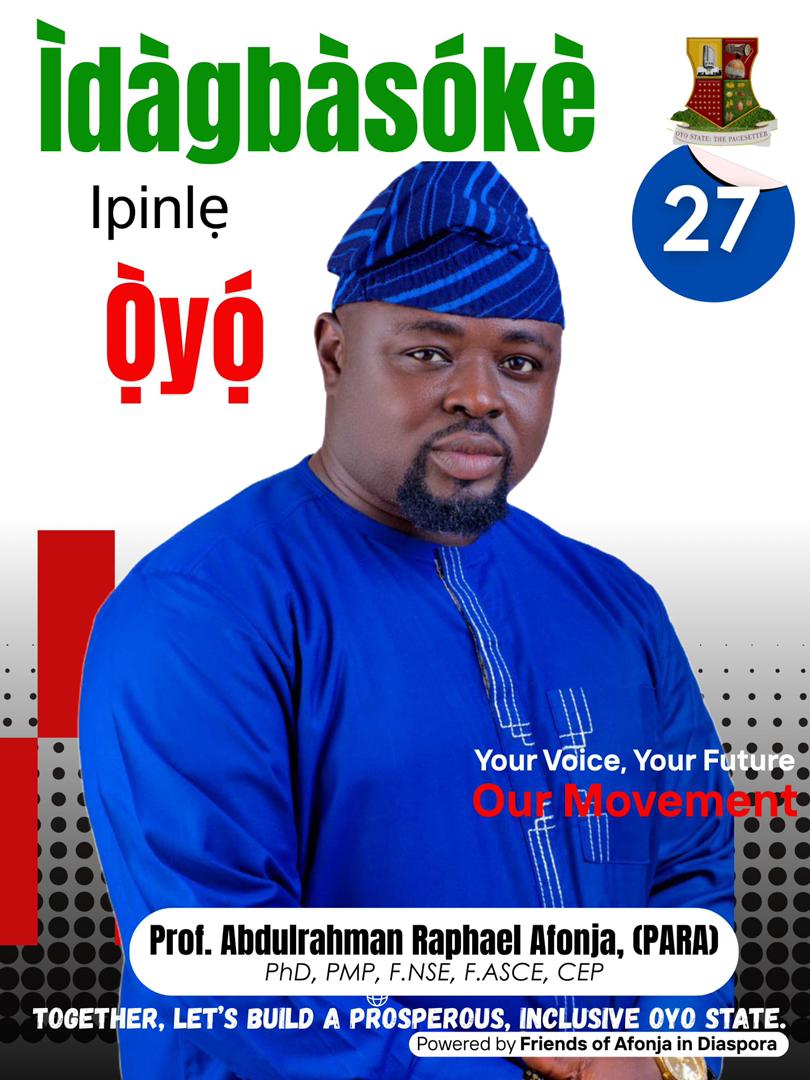

The timing of the state of emergency has raised eyebrows among opposition figures, who suggest that the move is a calculated effort to consolidate power ahead of the 2027 presidential election.
They argue that by suspending Governor Fubara, a member of the opposition People’s Democratic Party (PDP), President Tinubu aims to weaken the PDP’s stronghold in Rivers State, thereby bolstering his own party’s prospects in future elections. This perspective is fueled by the fact that Rivers State played a pivotal role in the 2023 presidential election, where Tinubu’s camp secured a narrow victory, attributed by some to last-minute political maneuvers.

Security Concerns and Economic Implications

Conversely, the federal government justifies the emergency measures by pointing to escalating security threats, particularly the recent surge in pipeline vandalism. The Trans Niger Pipeline, a critical artery for transporting crude oil to the Bonny export terminal, was recently shut down following an explosion attributed to militant activities.
This incident not only threatens the nation’s oil production but also poses significant environmental risks. Supporters of the president’s decision argue that the suspension of the state’s executive and legislative arms is necessary to restore order and protect national economic interests.
Constitutional Debates and Legal Ramifications
The declaration has sparked intense legal debates, with prominent figures like Tope Temokun and the Nigerian Bar Association (NBA) condemning the president’s actions as unconstitutional. They argue that while Section 305 of the 1999 Constitution permits the president to declare a state of emergency, it does not grant the authority to suspend elected officials. The NBA emphasizes that the removal of a governor should follow due process as outlined in Section 188 of the Constitution, which involves impeachment proceedings by the State House of Assembly. Critics contend that bypassing these procedures undermines democratic principles and sets a dangerous precedent for executive overreach.
The Role of Nyesom Wike and Intra-Party Dynamics
Adding another layer to the complex political scenario is Nyesom Wike, the former governor of Rivers State and current Minister of the Federal Capital Territory (FCT). Wike’s strained relationship with his successor, Governor Fubara, has been well-documented, with reports of a power struggle that has fragmented the state’s political landscape. Some analysts suggest that the state of emergency could be a strategic move to sideline Fubara and reassert Wike’s influence in the region, thereby aligning Rivers State more closely with President Tinubu’s administration.
Implications for Nigeria’s Democratic Trajectory
The unfolding events in Rivers State have significant implications for Nigeria’s democracy. The suspension of a democratically elected governor and state assembly raises concerns about the balance of power between federal and state authorities.
It also brings to the forefront the challenges of addressing security threats without compromising constitutional governance. As the nation approaches the 2027 elections, the situation in Rivers State serves as a critical test case for the resilience of Nigeria’s democratic institutions and the rule of law.
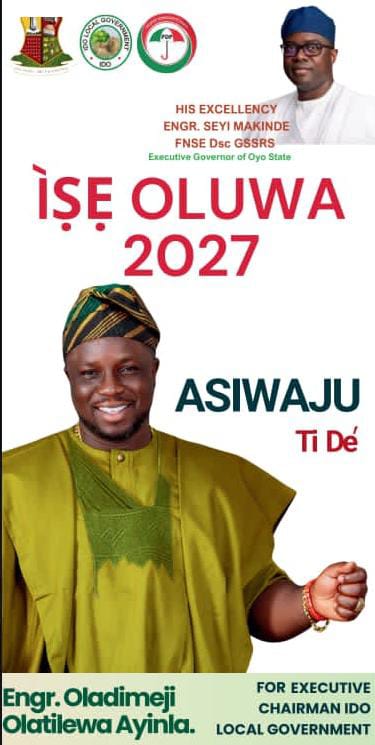

You can get every of our news as soon as they drop on WhatsApp ...To get all news updates, Join our WhatsApp Group (Click Here)



